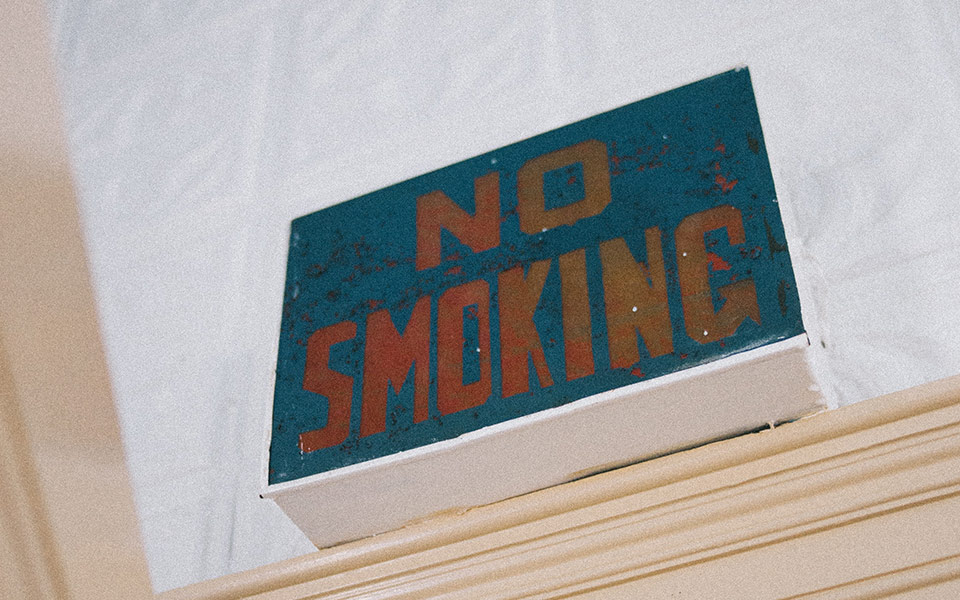
Worksites
Employers
Smoke-free worksite:
A smoke-free workplace could save you money and improve the health of your workers. Find out more here: Save Lives, Save Money.
For help in making your workplace smoke-free, please see our toolkit:
Tobacco-free workplace policy toolkit – English
Tobacco-free workplace policy toolkit – Spanish
Read about information on tobacco in the workplace by the Centers for Disease Control (CDC).
Help employees quit
We are here to help.
We are here to provide you with the tools and resources that you may need. If you are unable to find the information you’re looking for, fill out our contact form at the bottom of the page.
In accordance with Utah State Code, it is illegal to use any tobacco product–including e-cigarettes–indoors where the public has access. To submit an anonymous complaint about a violation of this law, please click the link below and fill out the form.
Submit a Complaint here.
For more information:
Worksites
Contact us



